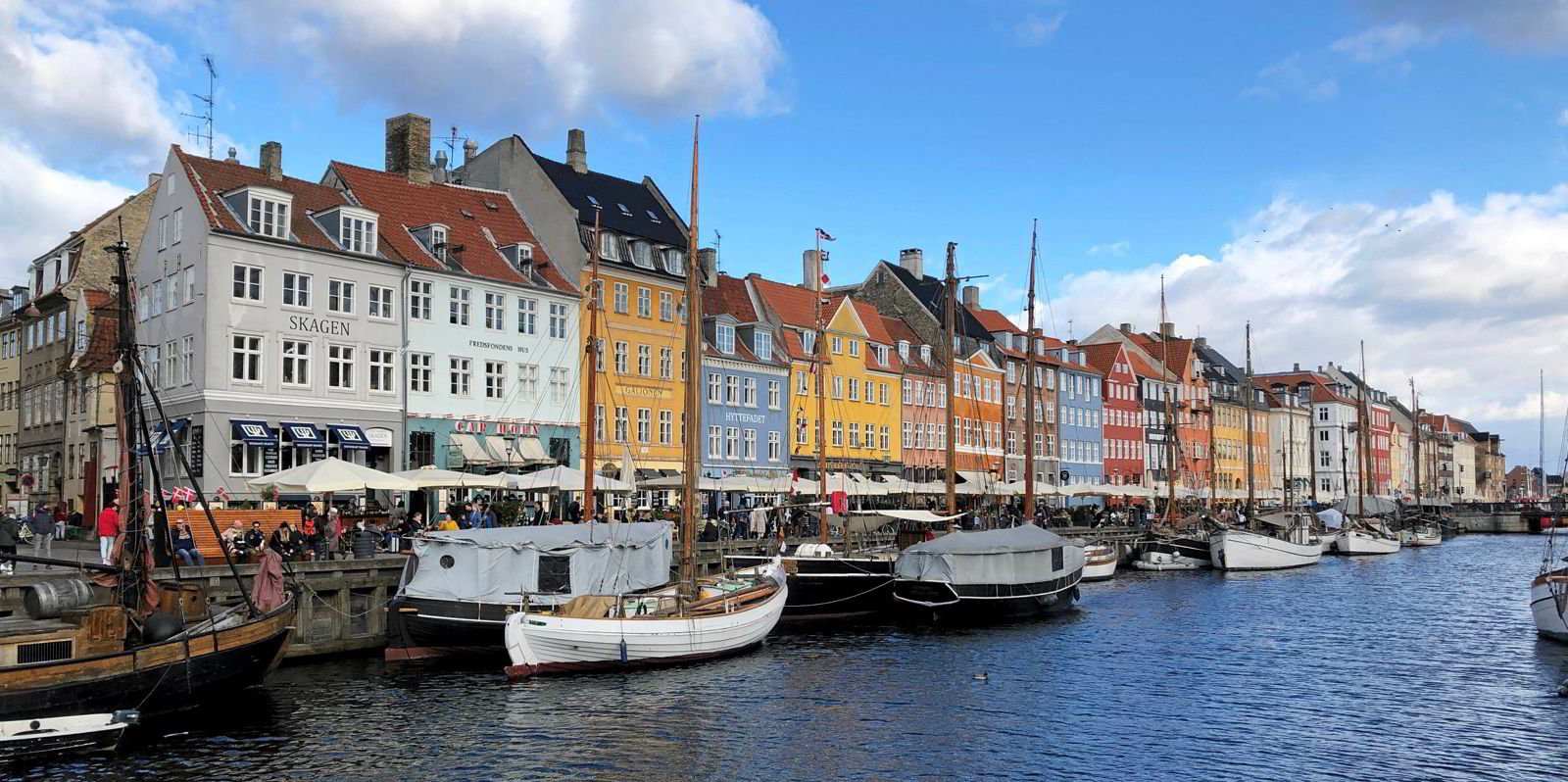Copenhagen’s shipping cluster has long been a centre for shipowners and operators, but the city has risen to prominence over the past years as a hub for green maritime tech.
The city also provides a base for cross-industry bodies, such as the Global Maritime Forum and the Maersk Mc-Kinney Moller Center for Zero Carbon Shipping, initiatives including the Sea Cargo Charter for bulk shipping and green-focused start-ups such as Zero North, which was originally spun out of Maersk Tankers.
Upcoming carbon regulations plus growing environmental, social and corporate governance pressures, are prompting the need for new thinking.
Norden CEO Jan Rindbo thinks it helps that shipping in Copenhagen is a small world — people are often in the same room together, which gets conversations going.
“I think it is actually one of the secrets in Denmark,” he told TradeWinds. “Of course, we are also competitors but we are competing in a large world in very fragmented industries. But we have this willingness to talk and cooperate and have friendly relationships across competence.
“I think that that’s very important — that we actually come together and for example under Danish Shipping, the association here, we can have work groups that are set up to come up with ideas on both decarbonisation and digitalisation. I think there’s an open mindset of cooperating and exchanging ideas.”
This will be important, considering the grand ambitions the sector has set for itself and the uncertain world in which it operates.
The Danish shipping sector is aiming for at least 5% of its operated fleet to be capable of running on well-to-wake, “green” net-zero-emission fuels such as hydrogen, ammonia, methanol and advanced biofuels by 2030.
And all newbuildings ordered by Danish shipowners from 2030 are to be made ready for net-zero-emission fuels or other zero-emission means of propulsion.
In the meantime, data published by Danish Shipping shows that maritime-related services are valuable to the Danish economy but have taken a slight hit over the past two years.
In 2021, exports of cargo provided by Danish operators were valued at DKK 325bn ($43.7bn), which is up by 35% compared to 2019 on the back of strong dry cargo and container ship markets last year.
However, shipping-related services by Danish firms have suffered a knock during the pandemic. They were worth around DKK 262bn to the Danish economy last year, down 17% from 2019.
Danish Shipping has made it a strategic aim to help its members tackle unexpected challenges, such as piracy, people rescued at sea, pandemics, trade barriers, employment conditions, crew-related matters and protectionism.





